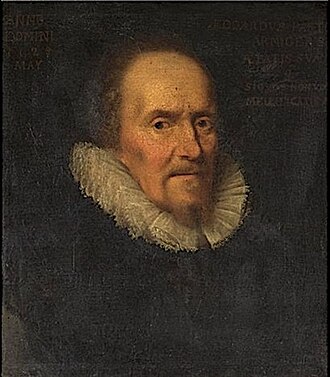Paston Last Name Origin, History, and Meaning
Where did the surname Paston come from? What does the surname Paston mean? Discover the history and meaning of the last name Paston and family migration on YourRoots Map.
Surname Paston Origin: What does the last name Paston mean?
The surname Paston has English origins, with records first appearing in the 13th century according to YourRoots data. The name started gaining prominence in England during the 14th century and continued to grow significantly by the 20th century. The Paston surname is associated with various notable figures such as poets, musicians, politicians, and authors, as well as locations like Paston in Norfolk and Northumberland, England.
YourRoots data confirms the historical presence and growth of the Paston surname in England. As the surname expanded over the centuries, it became associated with influential families like the Paston Baronets and the Earls of Yarmouth. Today, the Paston surname can still be found in England and other parts of the world, reflecting a rich history and a diverse legacy across different regions.
Paston Last Name History: Where did the last name Paston come from?
Origin of Paston Surname: Where does the last name Paston originate from?
According to YourRoots data, the surname Paston first appeared in records from England during the 13th century. Please note that this reflects only YourRoots data for the exact Paston spelling and does not include other record sources or surname variations.
History of the Last Name Paston: What does the Paston surname history look like in the early days?
The Paston surname started growing significantly in England during the 14th century.
Global Spread: Where can we find the Paston surname today?
By the 20th century, the volume of records with the Paston surname grew significantly in England.
Explore Paston last name heritage and Paston surname origin based on YourRoots Map data
 VIEW THE ORIGIN OF SURNAME PASTON
VIEW THE ORIGIN OF SURNAME PASTONFamous People With Paston Surame?

Mark Paston
Mark Nelson Paston (born Dec 13, 1976) is a retired New Zealand professional football goalkeeper. He played for the Wellington Phoenix in the A-League and represented New Zealand in international competitions. Paston's notable career includes playing in the World Cup and helping secure New Zealand's qualification for the tournament. Despite facing injuries, he showed resilience and skill on the field, becoming a key player for both club and country. Paston's contributions to New Zealand's football history have left a lasting impact on the sport in the country.

George Paston
Emily Morse Symonds (Sep 4, 1860 – Sep 12, 1936) wrote under the pen name George Paston, was a British author known for her novels, biographies, and dramas. She gained recognition for addressing social issues faced by women writers in a male-dominated industry. Symonds was a close friend of literary critic Arnold Bennett and was influenced by her uncle, John Addington Symonds, a respected poet. Despite using a male pen name, she advocated for women's rights through her works. Symonds' legacy lives on through her insightful writings on 18th-century history and societal norms, shedding light on the challenges faced by women during her time.

Edward Paston
Sir Edward Paston (1550–1630) was a Catholic gentleman of Norfolk, known for his love of music and poetry during the reign of Elizabeth I. He was an avid collector of musical manuscripts from Renaissance composers like William Byrd and Thomas Tallis, creating a unique performing collection of 16th-century house music. Paston's interest in the lute led him to create vocal settings and accompanying tablatures, showcasing a wide range of musical styles from motets to madrigals. His collection of music books, now housed in the British Library and Royal College of Music, offers a glimpse into the musical tastes of the Elizabethan era.

Thomas Paston
Sir Thomas Paston (by 1517 – September 4, 1550) was an English politician known for his involvement in the dissolution of the monasteries. He was the son of Bridget Heydon and Sir William Paston, hailing from a prestigious lineage. Sir Thomas gained wealth from Binham Priory and built a house in Wells-next-the-Sea. Serving as a Member of Parliament for Norfolk in 1545, he married Agnes Leigh and had two sons and a daughter. His legacy as a prominent figure in English politics and society during the 16th century is still remembered today.

Erasmus Paston
Erasmus Paston (by 1508–40) was an English Member of Parliament (MP) who represented Orford in the Parliament of England in 1529.
All images displayed on this page are sourced from Wikipedia or Wikimedia Commons.We use these images under their respective Creative Commons or public domain licenses. Wherever applicable, author attributions and license information are provided. If you believe an image is used incorrectly or outside its license terms, please contact us so that we can review and correct the issue.




.png)